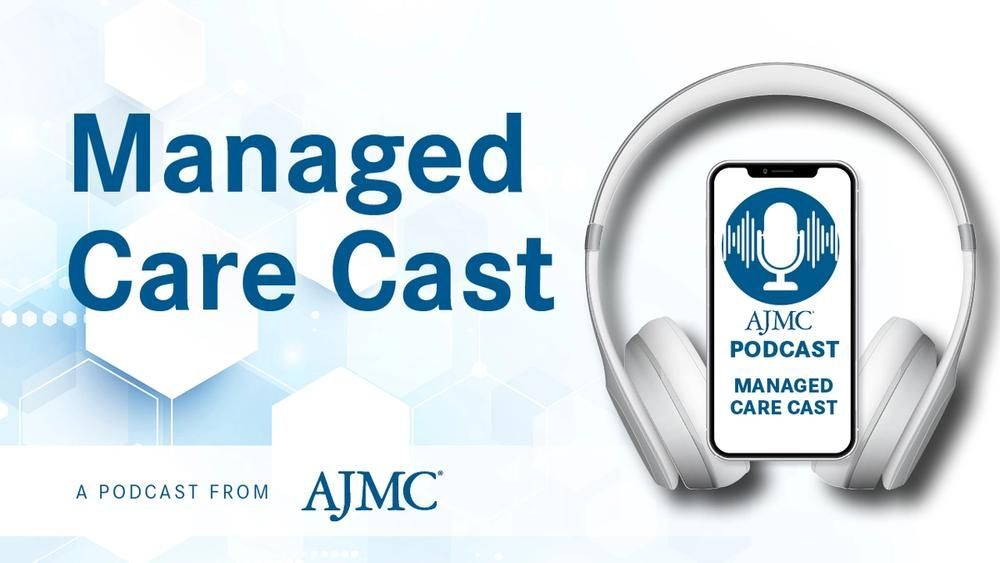News
Article
National Alliance Guideline Identifies Key PBM Concerns for Health Plan Purchasers
Author(s):
The playbook includes resources for purchasers to help in their dealings with pharmacy benefit managers (PBMs), including best practice checklists, sample questionnaires for choosing consultants, and recommendations for contracting language.
The National Alliance of Healthcare Purchaser Coalitions recently released a comprehensive guide to navigating pharmacy benefit manager (PBM) relationships to provide employers and other plan sponsors with the tools needed to strengthen their negotiations and contracting with PBMs. The guide, A Playbook for Employers – Addressing Pharmacy Benefit Management Misalignment, was developed in an effort to foster alignment between plan sponsors and PBMs as well as serve as a catalyst for change in an increasingly complex system.
Tactical planning | Image credit: vegefox.com - stock.adobe.com

“Understanding your pharmacy benefit and how to work with your PBM is more complicated than it should be,” said Cora Opsahl, director of the 32BJ Health Fund and a PBM playbook advisory board member. “The PBM playbook was designed to give an overview for employers so they can be more informed as they navigate the benefit. PBMs shouldn’t have the upper hand in negotiations just because they understand the industry better, especially since it is the employers who have the fiduciary responsibility for their pharmacy benefit.”
The role of PBMs, which were initially created to mitigate drug spending, has shifted. In theory, PBMs receive rebates from manufacturers to place drugs on plan formularies, and the rebates are meant to be passed along to employers or insurers. At its inception, the system aimed to create competition among substitute drugs. But with a lack of competition and less transparency around rebate pass-through in recent years, PBMs have gained notoriety among health care stakeholders for complicating the system for providers and patients while increasing their own profits.
“At its core, the existing business model is fundamentally flawed. It does not deliver high value for purchasers, and it clearly does not deliver high value for patients. And it has strong biases towards higher cost, higher rebate activities. And obviously, the opaqueness and the lack of pass-through is a concern,” said Mike Thompson, CEO of the National Alliance. “Oftentimes when we talk about this, it starts with transparency and then shifts to pass-through. It’s a bigger problem than that.”
While rebates not getting passed through is a concerning issue, Thompson emphasized that there are problems abound with the PBM industry overall.
“It permeates the entire way the PBM industry is managing this core benefit for employees and their families, and for purchasers. We can do better, and we need to change how we buy if we want to change how it operates,” he said.
A host of PBM concerns identified by an advisory committee of industry stakeholders are included in the playbook. Among them are PBMs promoting higher priced drugs when lower priced drugs are available, preferring brand-name drugs when generic or biosimilar drugs are available, and covering specialty drugs for circumstances not supported by clinical evidence.
The playbook includes resources for purchasers to help in their dealings with PBMs, including best practice checklists, sample questionnaires for choosing consultants, and recommendations for contracting language.
“The playbook highlights many areas for employers that will be helpful, but I believe the most useful to employers is understanding the economics of the PBM landscape,” said Opsahl. “Employers may be aware of the impact of rebates to their total drug cost, but the ability to see how rebates can drive formulary decisions which drives trend will help them better select a PBM.”
Newsletter
Stay ahead of policy, cost, and value—subscribe to AJMC for expert insights at the intersection of clinical care and health economics.





